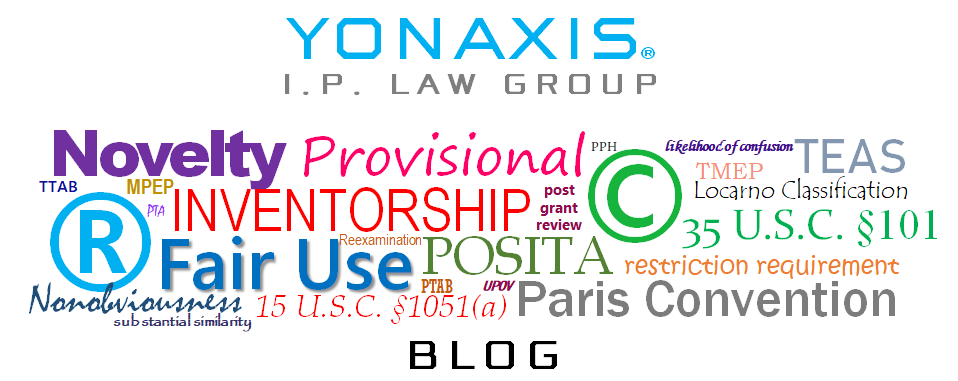On July 25, 2018, the USPTO submitted for publication a Federal Official Gazette notice of public hearing 2018-16432 pursuant to the Patent Public Advisory Committee (PPAC). The notice specifies broad increases affecting patent filings and prosecution. It was published on August 8, 2018, in the Federal Gazette.
While most of the fees are in the 5-10% range, three major fee increases stand out. First, the late fee for payment of post-issuance maintenance fees (MPEP 2500) are proposed to increase a whopping 525%. The 3½, 7½, and 11½ maintenance fee late surcharge will go from $160/$80/$40 for large entity/small entity/micro entity to $1,000/$500/$250.
Second, the request for expedited examination for design patent applications (MPEP 1504.30) are proposed to go up 122%, from $900/$450/$225 for LE/SE/ME to $2,000/$1,000/$500. This increase reflects the growth of design patent application filings, and the gradual increasing pendency rates; it was 14.0 in FY2016, reduced to 12.7 in January 2017 when more design patent examiners were hired, but inching up to 12.9 in June 2018.
Third, there is a new fee category for annual patent bar membership dues, which was nonexistent before this year. This is by far the most controversial of the proposed fee increases. There have been attempts to introduce patent practitioner annual dues in 2003 (68 FR 69441) and 2013 (78 FR 4211), but both were eventually withdrawn amid heavy opposition from the patent practitioner community. The new category will be sub-divided, ranging from $240 per year per practitioner, if that practitioner has completed continuing legal education (CLE) requirements and submitted the fee online. The highest amount is for paper submission of the dues and no completed CLE credits, at $410 per year per practitioner. The arguments made by the USPTO for the new patent bar dues is to support enforcement activities by the USPTO’s OED (Office of Enrollment and Discipline), as well as to support voluntary CLE requirements. It would also support ethics investigatory activities of patent agents, who are currently exempted from oversight by State Bars because patent agents are not licensed attorneys, and therefore, not required to be members of their respective State Bars. However, many argue that OED’s role in enforcing patent practitioner rules and ethics violations are muted by congressional oversight, as well as many who view the annual dues as an overlap of state bar regulatory action.
Those members of the public who wish to make oral testimony at the PPAC hearing must have requested in writing by August 29, 2018. The PPAC hearing date is set for September 6, 2018, at the USPTO headquarters in Alexandria, Virginia. The written text of the testimony must also be submitted, by September 13, 2018. The proposed fee increases, if any, will go into affect after the PPAC hearing through a notice of rulemaking in the Federal Register, and probably will take effect in January 2019. Expect healthy pushback on the annual dues.
